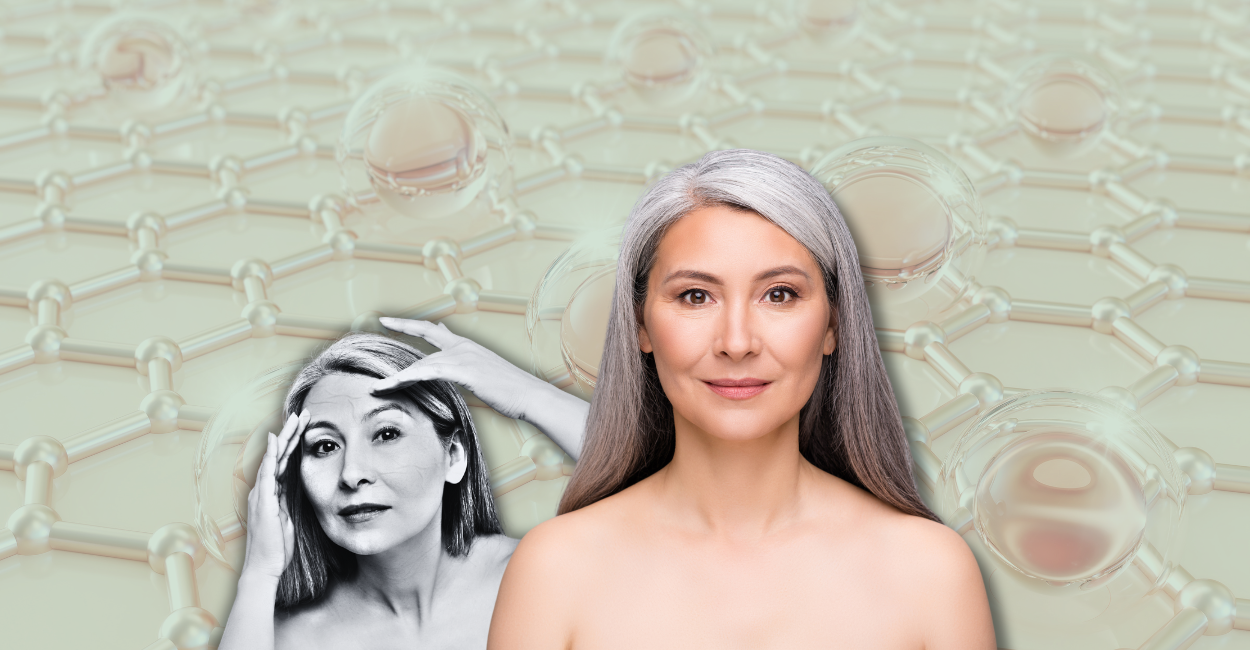Mesenchymal stem cells (MSCs), derived from Wharton's jelly in umbilical cords, are versatile and influential in clinical applications. They self-renew, respond strongly to inflammation, and release bioactive molecules that aid tissue repair. In stem cell therapy, they target injury sites to replace damaged cells, regenerate tissues, and support healing and functional recovery.
Exosomes are small extracellular vesicles (30-150 nm) released by cells through the fusion of multivesicular bodies with the plasma membrane. They contain proteins, lipids, and nucleic acids and are key to intercellular communication, affecting various physiological and pathological processes.
NAD+ is a vital coenzyme in all cells that transfers electrons in redox reactions, crucial for ATP production through cellular respiration. It also supports DNA repair, activates sirtuins involved in aging and metabolism, and impacts metabolic pathways, circadian rhythms, immune function, and neuroprotection.







